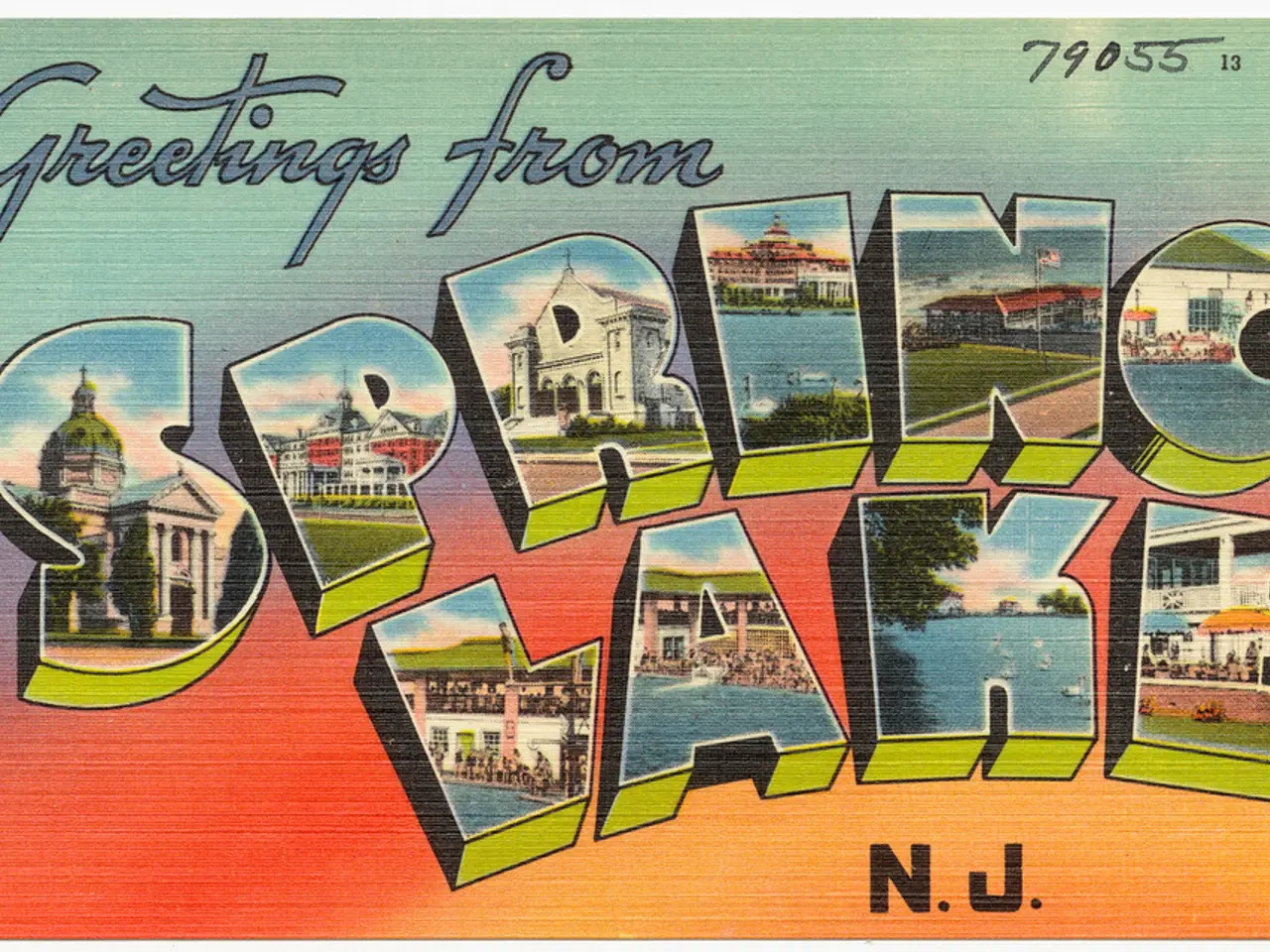Nationwide protests by taxi businesses advocating for implementation of minimum fares. - Taxi drivers across the nation rally, demanding set minimum fares
The taxi industry in Germany is taking a stand against ride-hailing services like Uber and Bolt, calling for the introduction of minimum prices for these platforms. The protests, led by the Federal Association of Taxi and Rental Car Companies, aim to level the playing field and protect the traditional taxi market.
The taxi industry argues that ride-hailing services undercut their fares, threatening their livelihood and regulatory frameworks. Taxis contend that these platforms do not adhere to the same regulatory burdens, including licensing, safety standards, and fare controls, creating an uneven competitive environment.
The debate is ongoing, with some regulators studying or proposing minimum fare policies to balance competition and consumer protection. Ride-hailing companies, however, caution that imposing minimum prices could reduce the affordability and flexibility that have made their platforms popular, potentially disadvantaging consumers.
Companies like Bolt defend their model as more efficient and consumer-friendly, arguing that minimum prices could undermine the affordability and innovation that benefit riders. Bolt, for example, emphasizes that their dynamic app-based matching reduces idle time and spreads vehicle costs over more trips, lowering per-ride costs and making rides more affordable and accessible.
Meanwhile, newer platforms like Heetch position themselves as offering even more affordable and transparent pricing, advocating fairness through sustained low fares rather than promotional gimmicks. Bolt charges around a 10% service fee and additional small fees for payment processing, which supports drivers while keeping prices low.
In response to the protests, the new German CEO of Bolt, Christoph Hahn, has expressed his opposition to the introduction of minimum prices. Hahn, who is also the CEO of the ride-hailing platform, argues that minimum prices would not save the taxi industry.
The protests, which involve car rallies and demonstrations in several major cities including Berlin, Frankfurt, Stuttgart, Mainz, and Cologne, are a call for fair competition and the protection of regulated fare structures. Michael Oppermann, CEO of the Federal Association, has stated that they demand a level playing field with minimum prices for everyone.
However, Hahn's stance suggests that he believes minimum prices could negatively impact consumers. Consumers, as per Hahn, might switch back to using their own cars if minimum prices are implemented. Despite this, the taxi industry is urging municipalities to introduce minimum prices for ride-hailing platforms.
In the coming days, motorists in affected city centers should expect traffic disruptions due to the protests. The protests are planned nationwide, with the industry pushing for change in the face of what they see as unregulated competition. The outcome of these protests remains to be seen, but one thing is clear: the traditional taxi industry is fighting to preserve its place in the rapidly evolving world of transportation.
[1] Bolt. (2021). How Bolt works. Retrieved from https://www.bolt.eu/en/how-bolt-works/ [2] Bolt. (2021). Bolt pricing. Retrieved from https://www.bolt.eu/en/pricing/ [3] Heetch. (2021). How it works. Retrieved from https://www.heetch.com/how-it-works/
- The taxi industry, including Bolt, argues that the introduction of minimum prices for ride-hailing platforms could negatively impact consumers, potentially leading them to use their own vehicles instead.
- Bolt, a ride-hailing company, defends its model by emphasizing the efficiency and affordability it provides, citing dynamic app-based matching and sustained low fares as benefits to riders.
- Heetch, a newer platform, advocates for fairness through transparent and low fares, avoiding promotional gimmicks to maintain affordability.
- The debate over minimum fares in the taxi industry also involves discussions about regulatory burdens, such as licensing, safety standards, and fare controls, which some believe are not equally applied to ride-hailing services.






